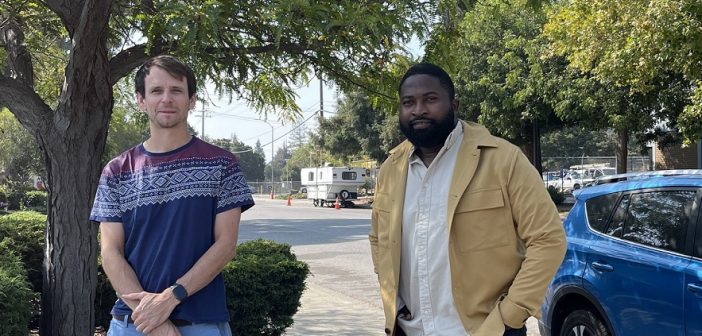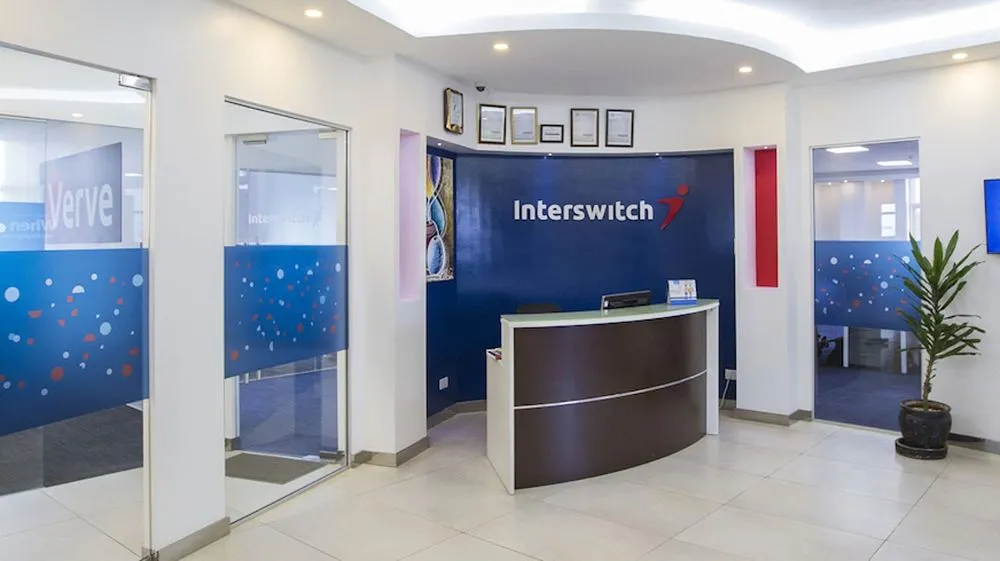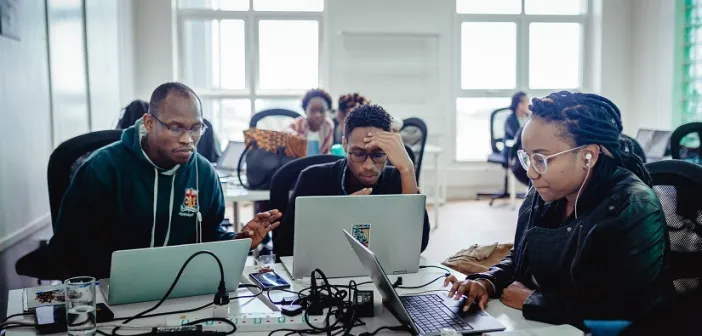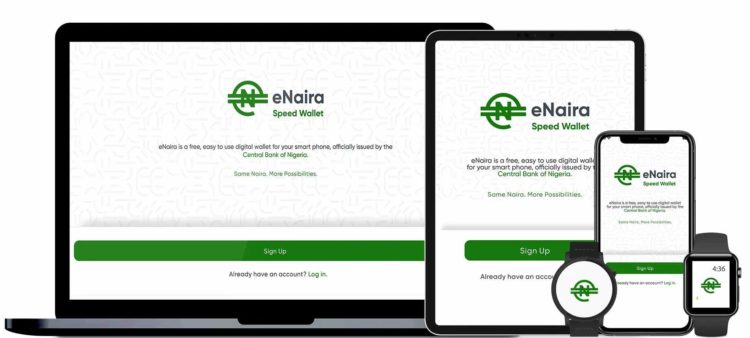The Growing Digital Divide in The Technological Age: Causes And Solutions

The world has witnessed unprecedented technological innovations in the last decades, leading to the development of a strong digital economy. The way we work and live has evolved significantly, owing to this digital transformation.
Some of the technological innovations that rocked the last decade and radically changed our day-to-day lives for the good includeAugmented Reality, Artificial Intelligence, the Internet of Things, Cloud computing, Wearable Technologies, and the like.
These technological innovations have revolutionized industries such as healthcare, education, agriculture, finance, and transportation, amongst others, making them more efficient, effective, and agile.
The core of the digital economy
The digital economy describes how traditional brick-and-mortar economic activities are being transformed particularly by the Internet. The core of the development of a digital economy is the Internet, which provides a global platform for unimaginable economic activities and human connectivity/communication.
Individuals with Internet access are several times more likely to access healthcare, get a job, or take a class online than those with basic Internet access. This can mean the difference between access to education, financial inclusion, and healthcare, or none of these.
The widening digital divide
While digital technologies have made our lives easier, it has also introduced new challenges in the society. Ironically, the same technological development has led to great inequalities, creating a digital divide across our societies.
According to a report by the Alliance for Affordable Internet, a decent internet connection is out of reach for 90 percent of people in developing countries. This isn’t adequate to access essential health, education, and employment services.
Why this digital divide?
Some of the causes of this widening digital divide are:
–Poverty:Today’s technological innovations have not cured poverty. Whilesome people may have gotten better opportunities with technology, the gap between the rich and the poor in our society is still wide apart.
–Lack of digital skills:The digital economy has created a skills gap. To stay relevant, one needs to upskill, reskill, and acquire relevant digital skills to be employable. For instance, digital technology like Virtual and Augmented Reality (VR and AR) are becoming increasingly popular, especially in industries such as gaming, education, and healthcare. VR and AR can be used for training and simulation purposes, and remote collaboration, allowing people to work together on projects regardless of their physical location.
–Geographical challenges: There is the challenge of expanding Internet access in rural areas, where a large number of populations of developing countries reside. While broadband use in African cities like Lagos, Kampala, Cairo, Johannesburg and Nairobi are high and available, it is not so in most rural area across these countries. These disparities impede shared opportunities and constrain access to pathways out of poverty.
The digital divides in access visibly exist between large cities and villages, and this has a disproportionate impact on society. What this means is that those who live in localities with limited or no access to the internet (and the required skill sets) are automatically excluded from these revolutionary workplace opportunities.
Possible Solutions to the Digital Divide
-Unleashing massive investment in Internet penetration in rural areas where costs are high or revenues are low. More so, the government should provide some incentive for rural telephony/broadband penetration outside of major cities.
-Provision of digital skills to the teeming youth. To succeed today, one needs to upskill and reskill, acquiring new skills that are in high demand. Relevant government agencies should partner with private and public institutions (including schools) to provide free digital training for the teeming youth to equip them with relevant on-demand digital skillsets.
-Being a capital-intensive project, there is a need for support from donor agencies and philanthropic individuals and organizations to provide funding and partnerships with key stakeholders for affordable internet connections in the least developed but populated communities with prospects.
If we are to harness the full power of this age, and transform our societies, quality access of the Internet matters. Raising Internet penetration by 20% in rural communities in Africa would create jobs, create equality, and sustainable economic growth.







